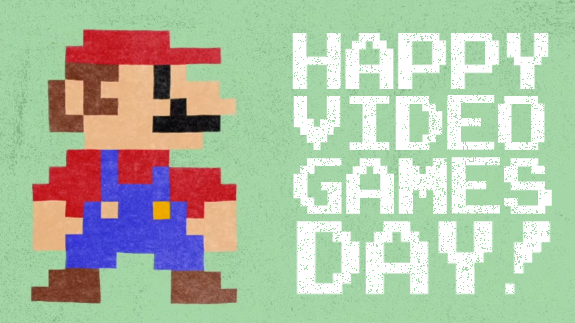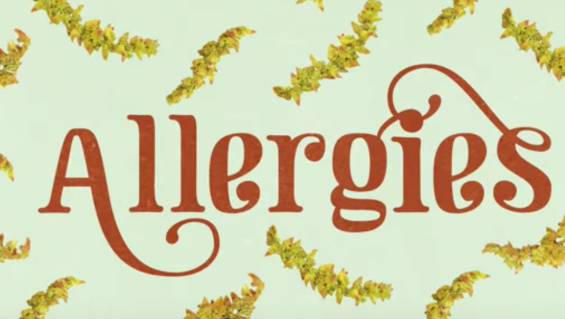
The past, present and future of video games

The earliest patent for a video game (then called a ‘cathode-ray tube amusement device’) went on record in 1948, but this and other early models were too bulky and too expensive to ever make it out of the science lab. Since their introduction into our homes, video games have grown immensely in popularity, with the world population netting three billion hours a week playing online games alone. But do these games have a purpose outside of entertainment? In celebration of National Video Games Day, we’ve paired the TED-Ed Lesson ‘A brief history of video games‘ with Jane McGonigal’s ‘Gaming can make a better world‘ TED Talk, in which she investigates just how powerful these ‘amusement devices’ can be in solving real-world problems like hunger, poverty and climate change.
The history of video games is a complicated story that involves giant computers in science labs, the founder of Chuck E. Cheese and billions of dollars in quarters. In this TED-Ed Lesson, Safwat Saleem examines the evolution of the beloved world of gaming.
Now that we’ve looked at the history of video games, let’s take a look into the future. Games like World of Warcraft give players the means to save worlds and incentive to learn the habits of heroes. What if we could harness this gamer power to solve real-world problems? In her TED Talk, Jane McGonigal says we can and explains how.
What’s your favorite video game? Let us know in the comments.




I prefer the old stuff when it comes to Video Games. Nintendo Nes is my best time I had playing Video Games.
Where is Part II of the Brief History of Video Games???
Who knew we could all end world hunger by playing .